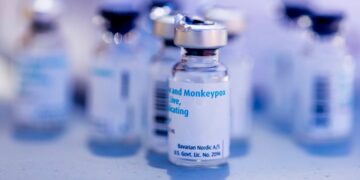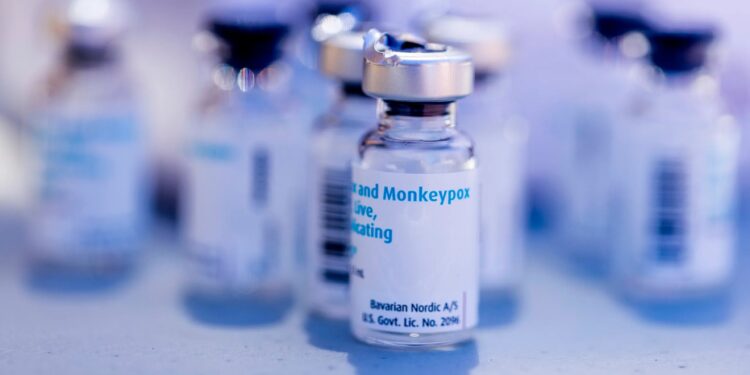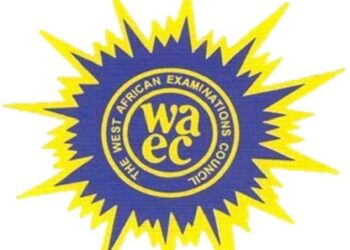By John Ikani
Africa’s initial shipment of mpox vaccines, a US donation of 10,000 doses, is finally arriving this week, weeks after other regions gained access.
These shots will combat a concerning new variant of the virus, formerly called monkeypox, which caused global alarm in a 2022 outbreak.
Over 70 non-African countries already have access to vaccines. The delay in providing Africa with mpox protection highlights serious flaws in how international bodies handle global health crises, according to recent warnings from medical experts and scientists.
They argue that the World Health Organization (WHO) only initiated the process this month to enable African nations to easily obtain large vaccine quantities through international organizations.
This is despite the disease being present in Africa for decades, and the process could have begun years ago, they informed Reuters.
Mpox, a potentially fatal infection causing flu-like symptoms and pus-filled sores, spreads through close contact. The WHO declared it a global health emergency on August 14th, following the spread of the new “clade Ib” variant from the Democratic Republic of the Congo to other African nations.
The prolonged wait for WHO approval for agencies to procure and distribute vaccines has left African governments and the Africa CDC to rely on vaccine donations from wealthy countries.
This inefficient system can fail, as it has in the past, if donor countries prioritize their own populations.
Helen Rees, an Africa CDC mpox emergency committee member and executive director of the Wits RHI Research Institute in South Africa, told Reuters that it’s “really outrageous” that Africa, after struggling for Covid vaccines, is again being left behind.
The Africa CDC estimates needing 10 million doses across the continent to manage the outbreak.
Yet, the WHO only recently requested vaccine manufacturers to submit the necessary data for mpox shots to receive an emergency license, the WHO’s expedited approval process. It has urged countries to donate shots until the process concludes in September.
The WHO, as reported by The New York Times, stated that it lacked the data for a full vaccine approval review, and the emergency license process can only commence after declaring a public health emergency of international concern.

































